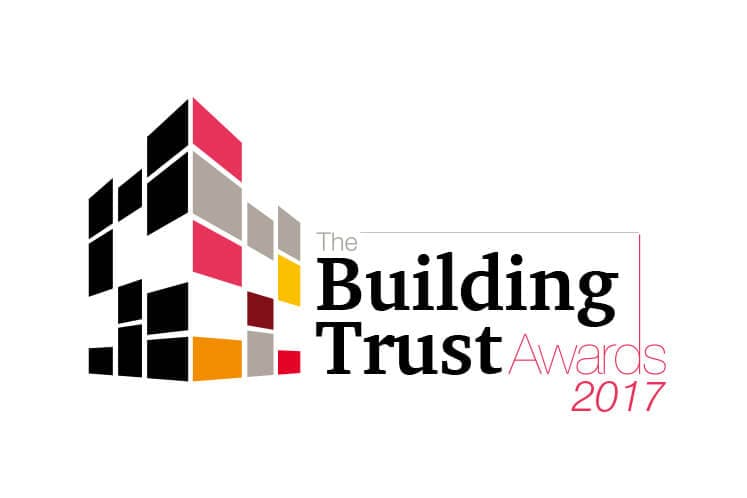
This article first appeared in The Edge Malaysia Weekly on April 24, 2017 - April 30, 2017
Datuk Shahril Ridza Ridzuan, CEO of the Employees Provident Fund
AT EPF, we strive to continually strengthen trust with our 15 million members. We recognise that we are accountable to them as everyone has a vested interest to ensure their retirement savings are safe and invested well. We practise timely disclosure with quarterly announcements and our annual reports are tabled in Parliament.
Similarly, Corporate Malaysia should not shy away from public scrutiny; public trust is our greatest currency and we must be able to stand up and demonstrate principles of integrity, transparency and decision-making based on merit, in conducting our business. Trust is key to Corporate Malaysia’s success and well-being.
Corporate Malaysia is in need of a healthy dose of confidence building, especially given the number of financial scandals all over the world these past few years. However, trust must be earned and companies could do this simply through greater transparency and disclosure. We must also be accountable to our stakeholders, which we can show by demonstrating sound governance practices and integrity in our business and financial operations.
Alois Hofbauer, CEO of Nestlé (M) Bhd
People demand and expect more from companies today. Trust takes years to be nurtured but can be lost in the blink of an eye. Corporations should appreciate that strong public trust not only results in higher support from individuals and families and sustainable top lines but also leads to a more solid reputation and employee retention. Businesses that strongly uphold ethical principles in every part of their value chain and have respect for others are the ones that build lasting consumer trust.
Trust is an asset that companies need to build and it should be paramount to our way of doing business. At Nestlé, we are guided by our values, which are firmly rooted in respect: respect for ourselves, for others, for diversity and for the future. We build trust by adhering to the highest standards of quality and safety throughout our supply chain, our steadfast commitment to being halal and strict adherence to our corporate business principles.
Cheryl Goh, group vice-president of marketing at Grab
As one of the most important markets in Southeast Asia, Malaysia has been and wants to continue to be a business-friendly country for home-grown and foreign enterprises. To truly realise its ambition to be one of the top destinations to do business, cultivating trust in the corporate environment is important. This involves everything from having a transparent system in place to knowing that ethical practices are observed. Corporates in Malaysia should take trust seriously for a few reasons — predictability in operations, safeguarding of reputation and longevity of the business.
Corporates should take trust seriously because a company’s credibility determines if people will recommend and defend you or be your harshest critic. I’m proud that we are building a culture of trustworthiness at Grab, of which our employees and driver partners are a key part. We work hard together to provide a reliable service, work towards a vision of improving lives in Southeast Asia that’s in the best interests of all stakeholders, and act with integrity.
Dzameer Dzulkifli, co-founder and managing director of Teach For Malaysia
Business at its core is about the relationship between customers, management or operating team and investors. At the core of relationships is trust, so if a company is serious about business, it should be serious about relationships and building trust.
Building trust externally can only be done if there is trust internally. Do team members feel that their manager or leader trusts them to make decisions in the best interests of the organisation and vice versa? There tends to be a dominant patriarchal/matriarchal leadership approach in Malaysia that creates a culture of fear of failure. Larger organisations tend to rely on bureaucracy, systems and structures to create the best results based on past successes. As the landscape changes, do the team members at the frontline know that they can contribute, propose and change those policies and procedures? Trust empowers team members to leverage resources outside their “control” to achieve a desired objective.
Save by subscribing to us for your print and/or digital copy.
P/S: The Edge is also available on Apple's AppStore and Androids' Google Play.